Blog
X-rays are about 1,000 times more energetic than visible light photons and are produced by violent explosions and high temperature astronomical environments. Instead of the familiar steady stars, the sky would seem to be filled with exotic stars, active galaxies, and hot supernova remnants. The featured X-ray image captures in unprecedented detail the entire sky in X-rays as seen by the eROSITA telescope onboard Spektr-RG satellite, orbiting around the L2 point of the Sun-Earth system, launched last year. The image shows the plane of our Milky Way galaxy across the center, a diffuse and pervasive X-ray background, the hot interstellar bubble known as the North Polar Spur, sizzling supernova remnants such as Vela, the Cygnus Loop and Cas A, energetic binary stars including Cyg X-1 and Cyg X-2, the LMC galaxy, and the Coma, Virgo, and Fornax clusters of galaxies. This first sky scan by eROSITA located over one million X-ray sources, some of which are not understood and will surely be topics for future research.
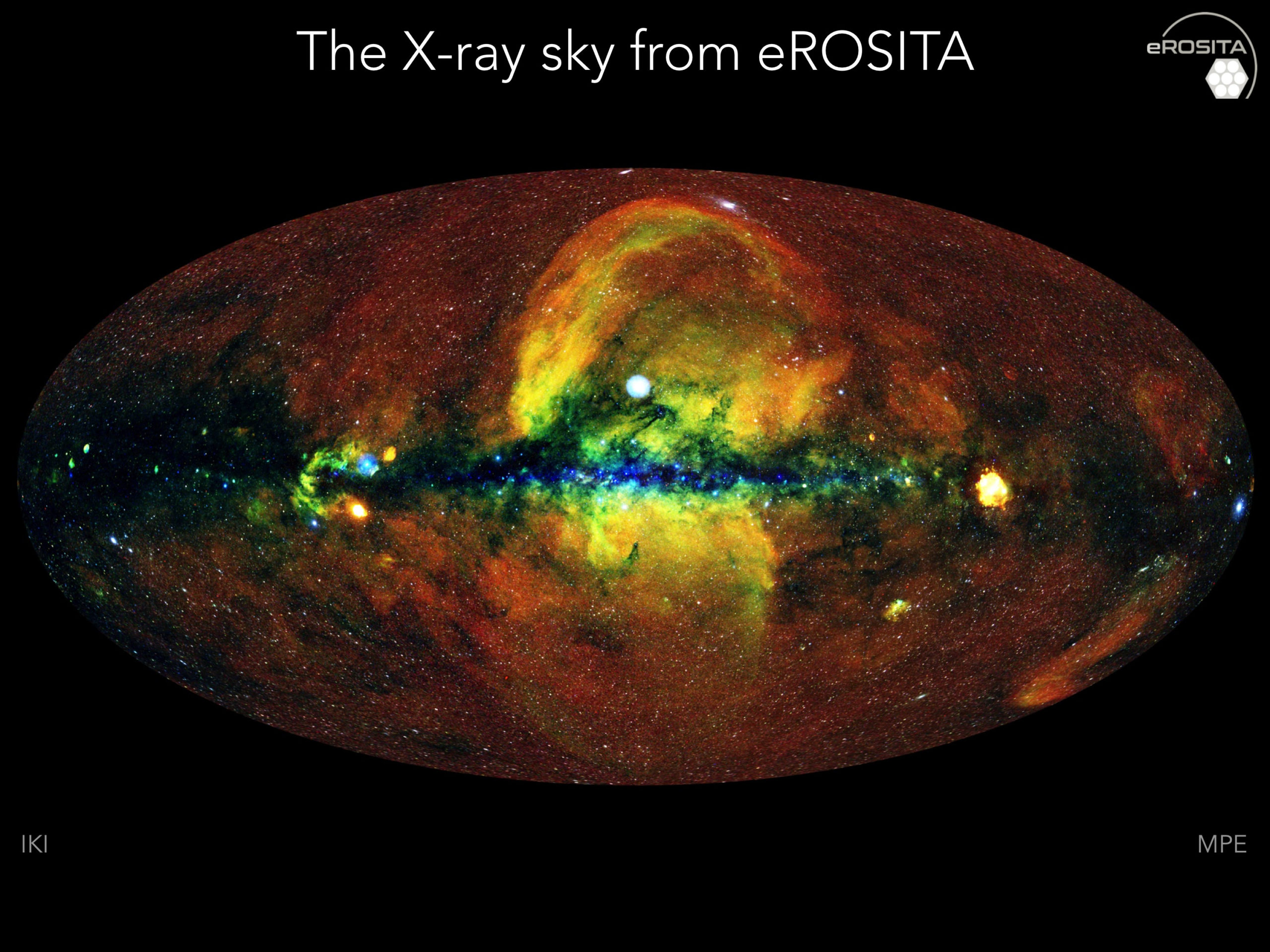
June Carter Cash (born Valerie June Carter; June 23, 1929 – May 15, 2003) was a five-time Grammy award-winning American singer, songwriter, actress, dancer, comedian, and author who was a member of the Carter Family and the second wife of singer Johnny Cash. Prior to her marriage to Cash, she was professionally known as June Carter and occasionally was still credited as such after her marriage (as well as on songwriting credits predating it).
She played guitar, banjo, harmonica, and autoharp, and acted in several films and television shows. Carter Cash won five Grammy Awards and was inducted into the Christian Music Hall of Fame in 2009. She was ranked number 31 in CMT‘s 40 Greatest Women in Country Music in 2003.
June Carter Cash was born Valerie June Carter in Maces Spring, Virginia, to Maybelle Carter and Ezra Carter. Her parents were country music performers and she performed with the Carter Family from the age of 10, in 1939. In March 1943, when the Carter Family trio stopped recording together at the end of the WBT contract, Maybelle Carter, with encouragement from her husband Ezra, formed “Mother Maybelle and the Carter Sisters” with her daughters, Helen, Anita, and June. The new group first aired on radio station WRNL in Richmond, Virginia, on June 1. Doc (Addington) and Carl (McConnell)—Maybelle’s brother and cousin, respectively, known as “The Virginia Boys”, joined them in late 1945. June, then 16, was a co-announcer with Ken Allyn and did the commercials on the radio shows for Red Star Flour, Martha White, and Thalhimers Department Store, just to name a few. For the next year, the Carters and Doc and Carl did show dates within driving range of Richmond, through Virginia, Maryland, Delaware, and Pennsylvania. She attended John Marshall High School during this period. June later said she had to work harder at her music than her sisters, but she had her own special talent—comedy. A highlight of the road shows was her “Aunt Polly” comedy routine. With her thin and lanky frame, June Carter often played a comedic foil during the group’s performances alongside other Opry stars Faron Young and Webb Pierce. Carl McConnell wrote in his memoirs that June was “a natural-born clown, if there ever was one.” Decades later, Carter revived Aunt Polly for the 1976 TV series Johnny Cash & Friends.
https://www.youtube.com/watch?v=J2rycGDcWOg
more...Sahib Shihab (born Edmund Gregory; June 23, 1925, Savannah, Georgia – October 24, 1989, Nashville, Tennessee) was an American jazz and hard bop saxophonist (baritone, alto, and soprano) and flautist. He variously worked with Luther Henderson, Thelonious Monk, Fletcher Henderson, Tadd Dameron, and Dizzy Gillespie amongst others.
Edmund Gregory first played alto saxophone professionally for Luther Henderson at age 13 and went on to study at the Boston Conservatory and to play with trumpeter Roy Eldridge. He played lead alto with Fletcher Henderson in the mid 1940s.
He was one of the first jazz musicians to convert to Islam and changed his name in 1947. During the late 1940s, Shihab played with Thelonious Monkand on July 23, 1951 he recorded with Monk for the Lp Genius of Modern Music: Volume 2. During this period, he also appeared on recordings by Art Blakey, Kenny Dorham and Benny Golson. The invitation to play with Dizzy Gillespie‘s big band in the early 1950s was of particular significance as it marked Shihab’s switch to baritone.
more...George Allen Russell (June 23, 1923 – July 27, 2009) was an American jazz pianist, composer, arranger and theorist. He is considered one of the first jazz musicians to contribute to general music theory with a theory of harmony based on jazz rather than European music, in his book Lydian Chromatic Concept of Tonal Organization (1953).
Russell was born in Cincinnati, Ohio to a white father and a black mother, later the adopted only child of a nurse and a chef on the B & O Railroad, Bessie and Joseph Russell. Young Russell sang in the choir of the African Methodist Episcopal Church and listened to the Kentucky Riverboat music of Fate Marable. He made his stage debut at age seven, singing “Moon Over Miami” with Fats Waller.
Surrounded by the music of the black church and the big bands which played on the Ohio Riverboats, and with a father who was a music educator at Oberlin College, he started playing drums with the Boy Scouts and Bugle Corps, receiving a scholarship to Wilberforce University, where he joined the Collegians, a band noted as a breeding ground for great jazz musicians including Ben Webster, Coleman Hawkins, Charles Freeman Lee, Frank Foster, and Benny Carter. Russell served in that band at the same time as another noted jazz composer, Ernie Wilkins. When called up for the draft at the beginning of World War II, he was quickly hospitalized with tuberculosis, where he was taught the fundamentals of music theory by a fellow patient.
more...Milton John Hinton (June 23, 1910 – December 19, 2000) was an American double bassist and photographer.
Regarded as the Dean of American jazz bass players, his nicknames included “Sporty” from his years in Chicago, “Fump” from his time on the road with Cab Calloway, and “The Judge” from the 1950s and beyond. Hinton’s recording career lasted over 60 years, mostly in jazz but also with a variety of other genres as a prolific session musician. He was also a photographer of note, praised for documenting American jazz during the 20th Century.
Hinton was born in Vicksburg, Mississippi, the only child of Hilda Gertrude Robinson, whom he referred to as “Titter,” and Milton Dixon Hinton. He was three-months-old when his father left the family. He grew up in a home with his mother, his maternal grandmother (whom he referred to as “Mama”), and two of his mother’s sisters.
His childhood in Vicksburg was characterized by extreme poverty and extreme racism. Lynching was a common practice at the time. Hinton said that one of the clearest memories of his childhood was when he accidentally came upon a lynching.
more...https://www.youtube.com/watch?v=f7P8wusL1Z0
more...This image shows a pair of interacting galaxies known as Arp 271. Individually, these galaxies are named NGC 5426 and NGC 5427; both are spirals, and both are roughly the same size.
Some astronomers believe that these galaxies are in the process of merging to form a single entity. This interaction will create increasing numbers of new stars over the next few million years, some of which can be seen within the “bridge” of gas connecting the two galaxies. This kind of collision and interaction might also happen to our own galaxy, the Milky Way, which is likely to collide with the neighbouring Andromeda Galaxy in about five billion years time.
These galaxies lie over 120 million light years away from us, and were discovered by the German-British astronomer William Herschel in 1785. Herschel was a prolific scientist, also discovering both infrared radiation and the planet Uranus.
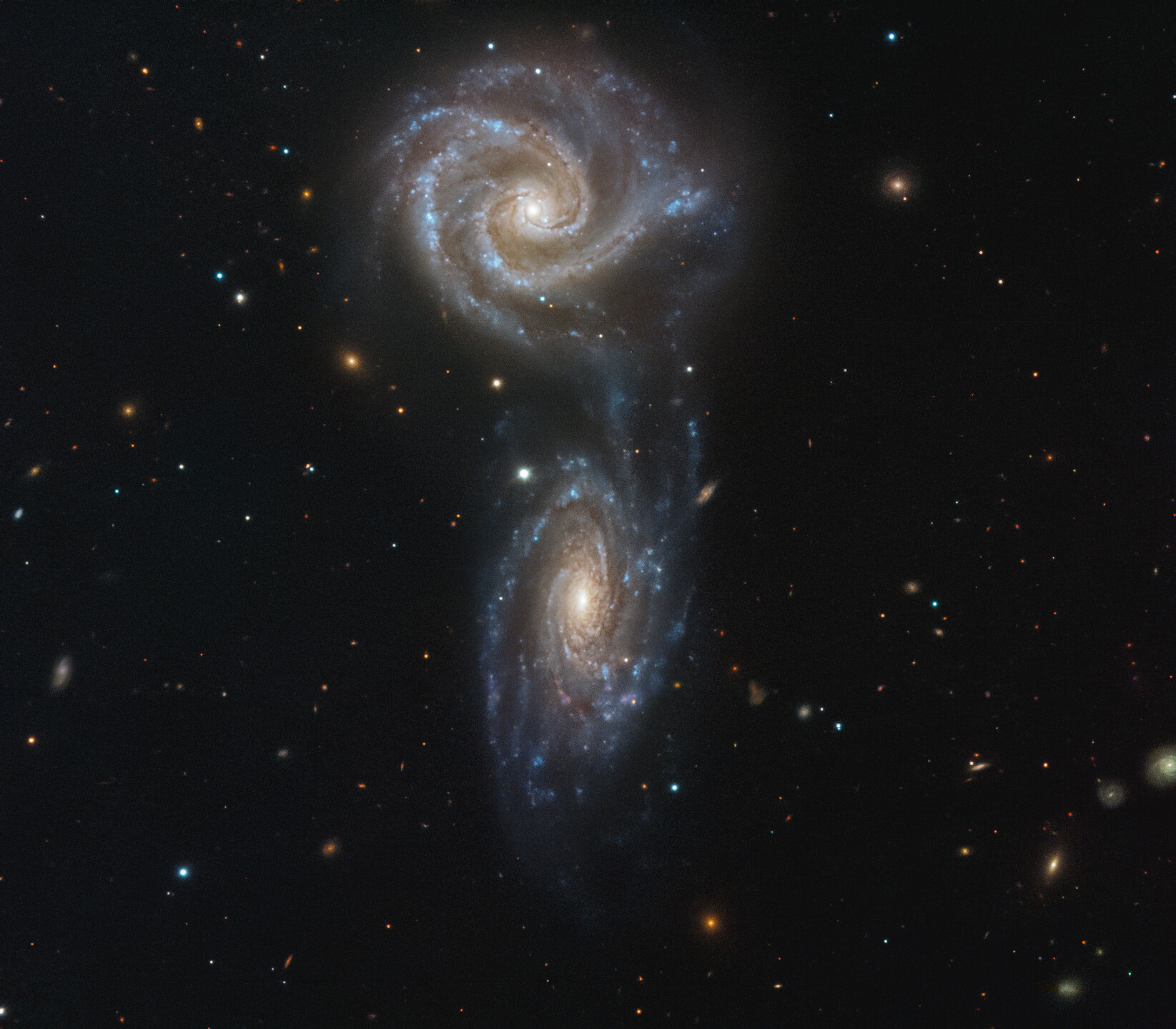
Todd Harry Rundgren (born June 22, 1948 Philadelphia, PA) is an American multi-instrumentalist, singer, songwriter, and record producer who has performed a diverse range of styles as a solo artist and as a member of the band Utopia. He is known for his sophisticated and often-unorthodox music, his occasionally lavish stage shows, and his later experiments with interactive entertainment. He also produced music videos and was an early adopter and promoter of various computer technologies, such as using the Internet as a means of music distribution in the late 1990s.
A native of Philadelphia, Rundgren began his professional career in the mid 1960s, forming the psychedelic band Nazz in 1967. Two years later, he left Nazz to pursue a solo career and immediately scored his first US top 40 hit with “We Gotta Get You a Woman” (1970). His best-known songs include “Hello It’s Me” and “I Saw the Light” from Something/Anything? (1972), which get frequent air time on classic rock radio stations, and the 1983 single “Bang the Drum All Day“, which is featured in many sports arenas, commercials, and movie trailers. Although lesser known, “Couldn’t I Just Tell You” (1972) was influential to many artists in the power pop genre. His 1973 album A Wizard, a True Star remains an influence on later generations of bedroom musicians.
Rundgren is considered a pioneer in the fields of electronic music, progressive rock, music videos, computer software, and Internet music delivery.He organized the first interactive television concert in 1978, designed the first color graphics tablet in 1980, and created the first interactive album, No World Order, in 1994. Additionally, he was one of the first acts to be prominent as both an artist and producer. His notable production credits include Badfinger‘s Straight Up (1971), Grand Funk Railroad‘s We’re an American Band (1973), the New York Dolls‘ New York Dolls (1973), Meat Loaf‘s Bat Out of Hell (1977) and XTC‘s Skylarking (1986).
https://www.youtube.com/watch?v=ZHxLm9EWdms
more...Born June 22, 1937 in Dayton, TX Died July 6, 2004 in Lake View Terrace, CA
Few blues guitarists can boast the varied résumé of Texas native Cal Green. From blues to doo wop to jazz, Green has played ’em all, and done each idiom proud in the process.
Green‘s idol as a teenager was Lone Star wonder Clarence “Gatemouth” Brown. So pervasive was Gate‘s sway that Green and his ninth-grade pal Roy Gaines used to stage mock guitar battles imitating their idols (Gaines was a T-Bone Walker disciple) at various Houston bars. Cal didn’t have to leave the house to find worthy competition; his older brother Clarence was also an accomplished picker who cut a load of killer instrumentals (notably 1962’s “Red Light”) for small Lone Star label.
Cal Green played on RPM Records releases by Quinton Kimble and pianist Connie McBooker, but his main claim to fame is as the guitarist for Hank Ballard & the Midnighters, who roared through Houston in 1954 looking to replace their just-drafted axeman Arthur Porter, scooped up teenaged Green, and went on their way.
Green received plenty of solo space during his Midnighters stint. His ringing guitar provided a sturdy hook for the group’s rocker “Don’t Change Your Pretty Ways” and figured prominently on “Tore Up Over You” (later revived in blistering fashion by rockabilly giant Sleepy LaBeef) and “Open Up the Back Door.” The Midnighters‘ label, Cincinnati-based Federal Records, thought enough of Green‘s slashing Texas licks to cut a couple of 45s on him in 1958: the double-sided instrumental “The Big Push”/”Green’s Blues” and a pair of vocals, “I Can Hear My Baby Calling”/”The Search Is All Over.”
A 1959 marijuana bust sent Green to a Texas slammer for 21 months, but he briefly rejoined the Midnighters in 1962. After that, jazz became Green‘s music of choice. He gigged with organists Brother Jack McDuff and Charles Kynard, and then singer Lou Rawls, eventually settling in L.A. He recorded several singles and eventually an album, Trippin’ for the Los Angeles-based Mutt & Jeff label in the late ’60s. An acclaimed but tough-to-find 1988 album for Double Trouble, White Pearl, showed conclusively that Green still knew his way around the blues on guitar. On July 6, 2004, he passed away at his California home. He was 69.
Hermeto Pascoal (born June 22, 1936) is a Brazilian composer and multi-instrumentalist. He was born in Lagoa da Canoa, Alagoas, Brazil. Pascoal is a legendary figure in the history of Brazilian music, mainly known for his abilities in orchestration and improvisation, as well as being a record producer and contributor to many Brazilian and international albums.
Pascoal comes from northeastern Brazil, an area that lacked electricity at the time he was born. He learned the accordion from his father and practised for hours indoors as, being albino, he was incapable of working in the fields with the rest of his family.
Hermeto’s career began in 1964 with appearances on several Brazilian recordings alongside relatively unknown groups. These now-classic albums and the musicians involved (Edu Lobo, Elis Regina, Cesar Camargo Mariano) established widely influential new directions in post-bossa nova Brazilian jazz.
more...Kristoffer Kristofferson (born June 22, 1936) is an American singer-songwriter and actor. Among his songwriting credits are the songs “Me and Bobby McGee“, “For the Good Times“, “Sunday Mornin’ Comin’ Down“, and “Help Me Make It Through the Night“, all of which were hits for other artists. Kristofferson composed his own songs and collaborated with Nashville songwriters such as Shel Silverstein.
In 1985, Kristofferson joined fellow country artists Waylon Jennings, Willie Nelson and Johnny Cash in forming the country music supergroup The Highwaymen, and formed a key creative force in the outlaw country music movement that eschewed the Nashville music machine in favor of independent songwriting and producing. In 2004, Kristofferson was inducted into the Country Music Hall of Fame. As an actor, he is known for his roles in Pat Garrett & Billy the Kid (1973), Blume in Love (1973), Alice Doesn’t Live Here Anymore (1974), A Star Is Born (1976) (which earned him a Golden Globe Award for Best Actor), Convoy (1978), Heaven’s Gate (1980) and Blade (1998).
Kristoffer Kristofferson was born in Brownsville, Texas, to Mary Ann (née Ashbrook) and Lars Henry Kristofferson, a U.S. Army Air Corps officer (later a U.S. Air Force major general). His paternal grandparents emigrated from Sweden, while his mother had English, Scots-Irish, German, Swiss-German, and Dutch ancestry Kristofferson’s paternal grandfather was an officer in the Swedish Army. When Kristofferson was a child, his father pushed him towards a military career.
At the age of 17, Kristofferson took a summer job with a dredging contractor on Wake Island. He called it “the hardest job I ever had”.
more...Mantilla played on hundreds of recordings, including some that have become important parts of jazz history, like Max Roach’s M’Boom, Herbie Mann’s Flute, Brass, Vibes and Percussion and Charles Mingus’s Cumbia & Jazz Fusion. He was one of the three most recorded conga players in the history of jazz; he held that distinction with Ray Barretto and Cándido Camero.
Like Cándido, one of his heroes, Mantilla championed the use of multiple congas, employing up to four drums at times, each tuned to a specific pitch. Also like Cándido, he championed the performance of solo pieces on congas.
But Mantilla was, as he liked to put it, the complete percussionist — skilled not only on congas but also a range of other instruments. “I loved the way Ray played charanga-style timbales,” Barretto once said. “Remember, you have only one bell to keep time accompanying the flute and violins, and you have to play rock-solid time with swing.”
Mantilla described his own music as “Latin Jazz with authentic Latino rhythms.” He released nine albums as a leader. His first was Mantilla, in 1978, and his most recent was High Voltage, almost 40 years later. He recorded a follow-up, Rebirth, scheduled for release this year on Savant Records.
“It’s a combination of the familiar and the eclectic,” said longtime Mantilla associate Mike Freeman, who plays vibraphone on that album. The title, Rebirth, he explained, “is a reference to Ray surviving cancer two years ago.”
Raymond Mantilla was born in St. Francis Hospital in the South Bronx on June 22, 1934. His father, Carlos Mantilla Ghilardi, was an architect and engineer who was recruited to work on the building of the George Washington Bridge. He then began working for the U.S. Intelligence Services in a branch in Peru, just before the United States’ entry into World War II. Ray’s mother, Ramona Maldonado, hailed from the city of Vega Baja in Puerto Rico, and owned and operated a bodega in the South Bronx.
https://www.youtube.com/watch?v=K9Fc_ZoL7xQ
more...mick is releasing his Reggae Versions of his favorite 60’s R&R hits. Club Calabash Virtual Reggae Performance from last Friday.
Performing “Its All Over Now/Last Time” at about 40 minutes in.
https://www.facebook.com/charles.petrus.3/videos/10217043823752640/
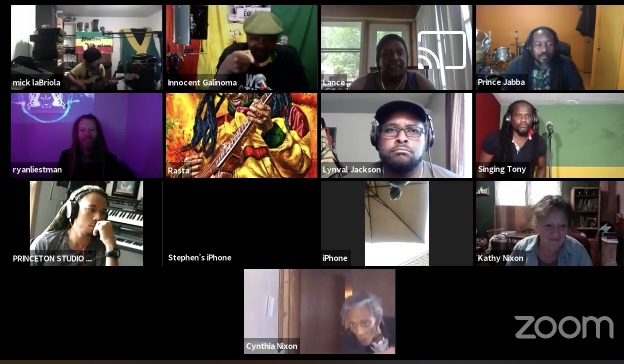

Waorani, Ecuador
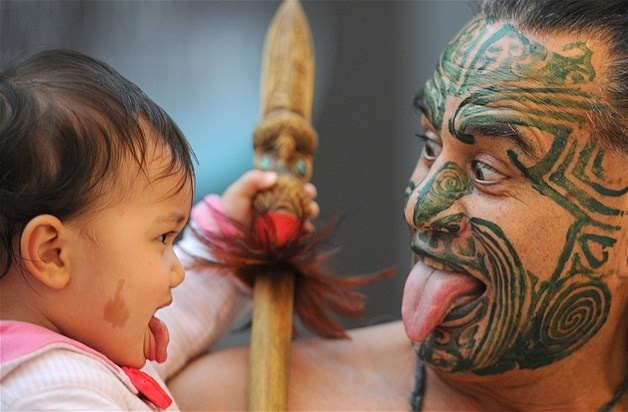


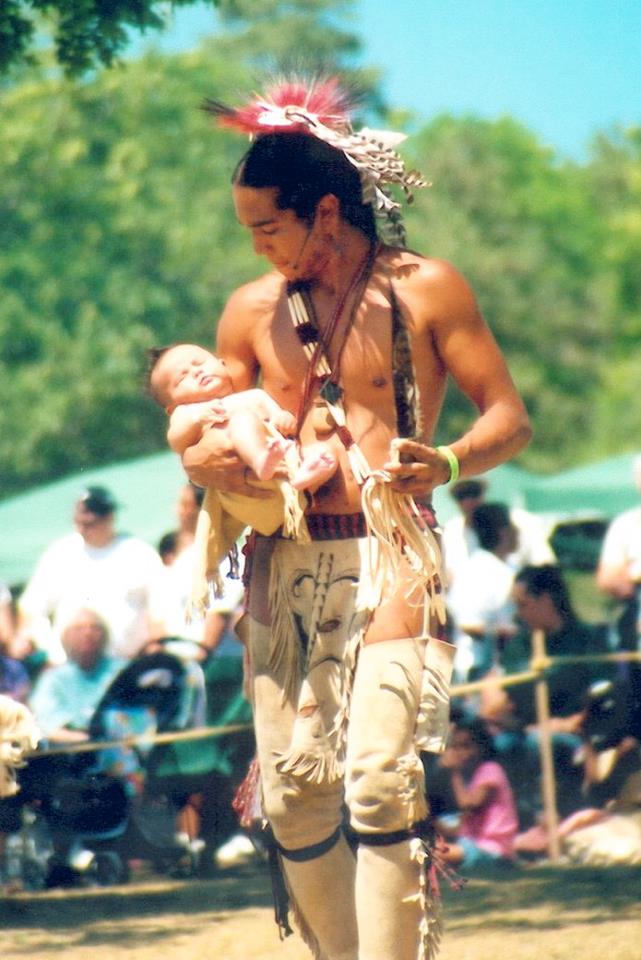

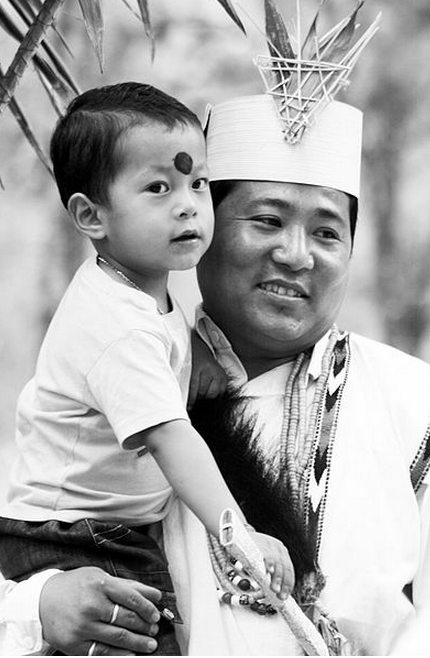

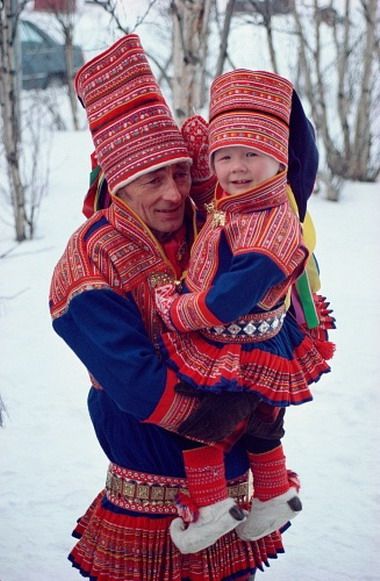

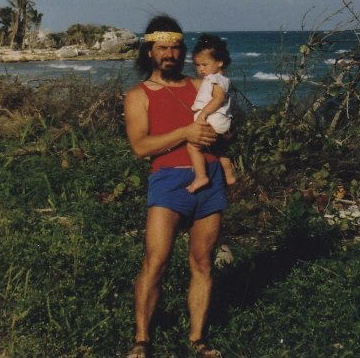
mick with daughter Maya in Isla Mujeres
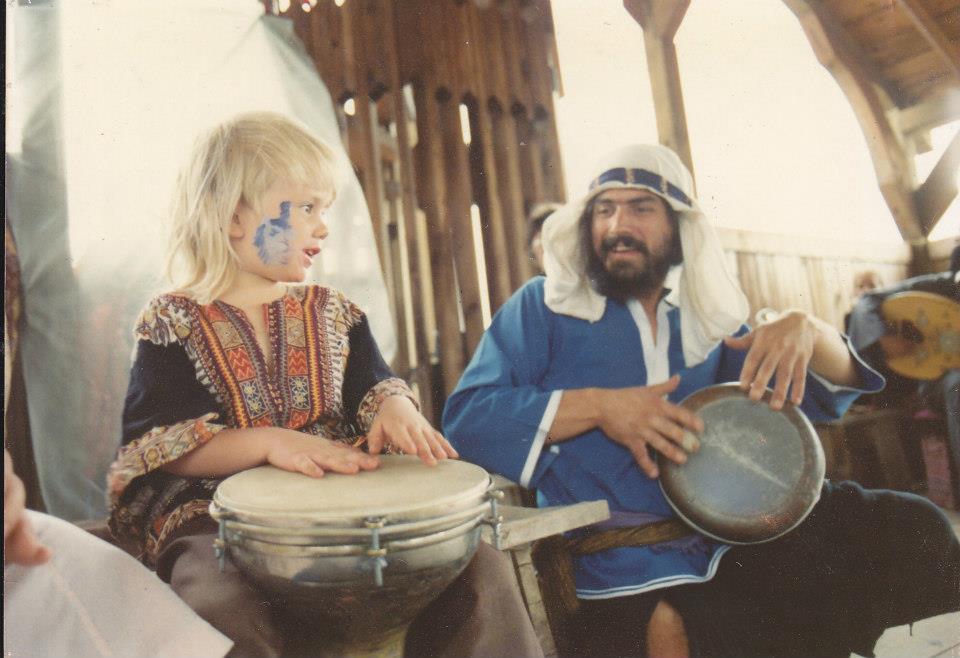
mick with son Mario at Minnesota Renaissance Festival


More Posts
- Temple Israel Shabbat Service
- Cosmo NGC 2237
- Brian Jones
- John Fahey
- Willie Bobo
- Flamenco Fridays Camarón de la Isla
- Daily Roots Soul Syndicate
- Economic Boycott February 28th 2025
- When Fascism Comes to America
- Echos of Freedom Laura Ingalls Wilder
- Chuck Wayne
- Cosmo M35
- José Melis
- Mildred Bailey
- Dexter Gordon
- Ali Farka Touré
- Daily Roots Ansel Collins
- Medical Negligence
- United We Must Stand
- 160 Years of Hatred & Ignorance